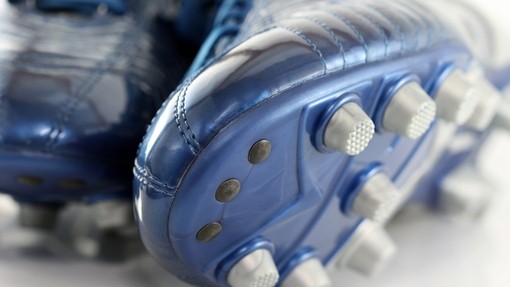Game, set and match – specific disclosure does it again

Details
Top-ten German tennis player, Alexander Zverev, and his former London-based sports management company, Ace Group International Limited (Ace), have reached settlement on the second day of a nine-day listed trial in the High Court.
The case raised important issues regarding the application of restraint of trade principles to sports agency contracts, together with rules upon expert reports and the disclosure of referenced documentation.
Background
In 2012, at the age of 15, Mr Zverev entered into an exclusive agency agreement with Ace. Seven years later and with success in abundance, Mr Zverev sought alternative representation by purporting to terminate his existing arrangement with Ace. Ace rejected the termination, confirming that Ace had been retained on an exclusive basis until 2023. Ace’s refusal to recognise termination, led Mr Zverev to issue proceedings in the High Court for a declaration that the contract was unenforceable on restraint of trade grounds.
Ace counterclaimed and sought declaratory relief that the contract was indeed enforceable and claimed damages as a result of Mr Zverev’s purported early termination. Ace also brought a Part 20 claim against the player’s parents, pursuant to a parental guarantee that had been given when the contract was signed.
On the second day of trial, proceedings were settled. Mr Zverev was free of all obligations under the agreement and was not required to pay any sums to Ace.
Disclosure
On 20 November 2020, immediately prior to trial (listed for 9 December 2020), the Court granted Mr Zverev’s application for specific disclosure of documents mentioned and contained in an expert report relied upon by Ace.
The expert report made reference to and attached redacted copies of competitor agency contracts. The redactions meant rival players could not be identified.
Mr Zverev argued that without unredacted copies of the contracts, it would be difficult to establish whether they were indeed proper comparators and, as such, could not determine whether the conclusions reached by the expert were reasonable. Legally, Mr Zverev’s application relied primarily upon CPR Practice Direction (PD) 51U.21.1(5), which allows a party at any time to request a copy of a document which has not already been provided by way of disclosure but is mentioned in an expert’s report.
Ace argued that the Court lacked jurisdiction under PD 51U.21.1(5) and that it would be inappropriate to use case management powers to control evidence under CPR 32.1(1) to force its expert to provide evidence in breach of confidentiality undertakings given to the other players whose contracts had been referenced in the report.
Holding in favour of Mr Zverev, the Court relied upon its case management powers to order that if either party’s expert wished to rely on contracts mentioned in their reports, those contracts had to be provided in an unredacted form to legal representatives only. It was held that it would not be proper for the full contracts not to be before the Court when it ultimately had to decide which expert’s view to prefer.
Comment
While there was merit in the argument that the procedure fell within PD51U, it was not necessary for the Court to decide the point.
Ultimately releasing the documents to both sides’ lawyers would level the playing field, while preserving confidentiality and ensuring the expert would not breach his undertakings to competitor players.
The Court’s decision, so soon to trial, no doubt contributed to the ultimate settlement of this case.
While settlement meant that the Court did not have to preside upon the underlying restraint of trade issues, the fact of settlement (and its terms) may have far-reaching consequences for sportspersons in similar positions and their representatives.
As such, and in circumstances where it has been reported that Ace brought in $40 million of commercial endorsements for Mr Zverev and helped finance his early career, settlement would not have been taken lightly by Ace, given that it holds other long-standing agreements with other sportspersons. The obvious concerns for it (and other sports management companies) will be whether this matter sets a precedent for other athletes looking to terminate their own agreements on similar terms.
Mr Zverev is now represented by Team8, who also work with Roger Federer. Speaking outside the courtroom, Mr Zverev suggested he and his tennis-playing brother wanted to assist younger players to ensure they did not get caught up in similar disputes. However, where agencies continue to scour the world to sign up the next sporting superstar, this may be unavoidable, particularly where the individual’s desire for greater security and economic return can often compete with the objectives of his/her management company.
For more information on sports law related matters, please contact Jon Scally.






